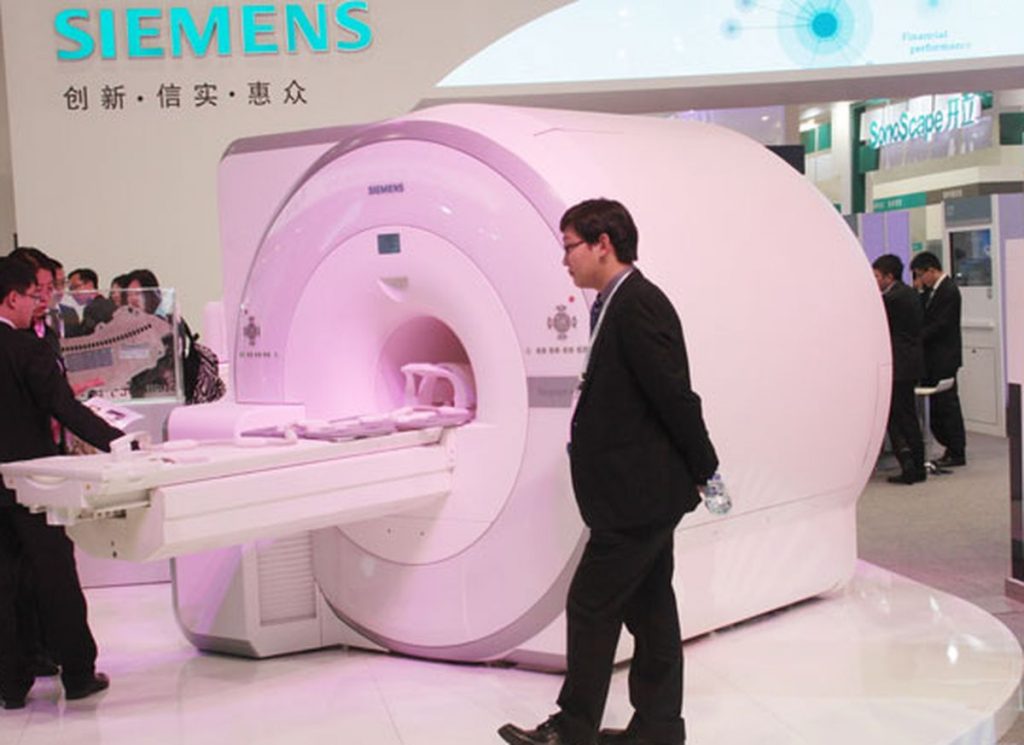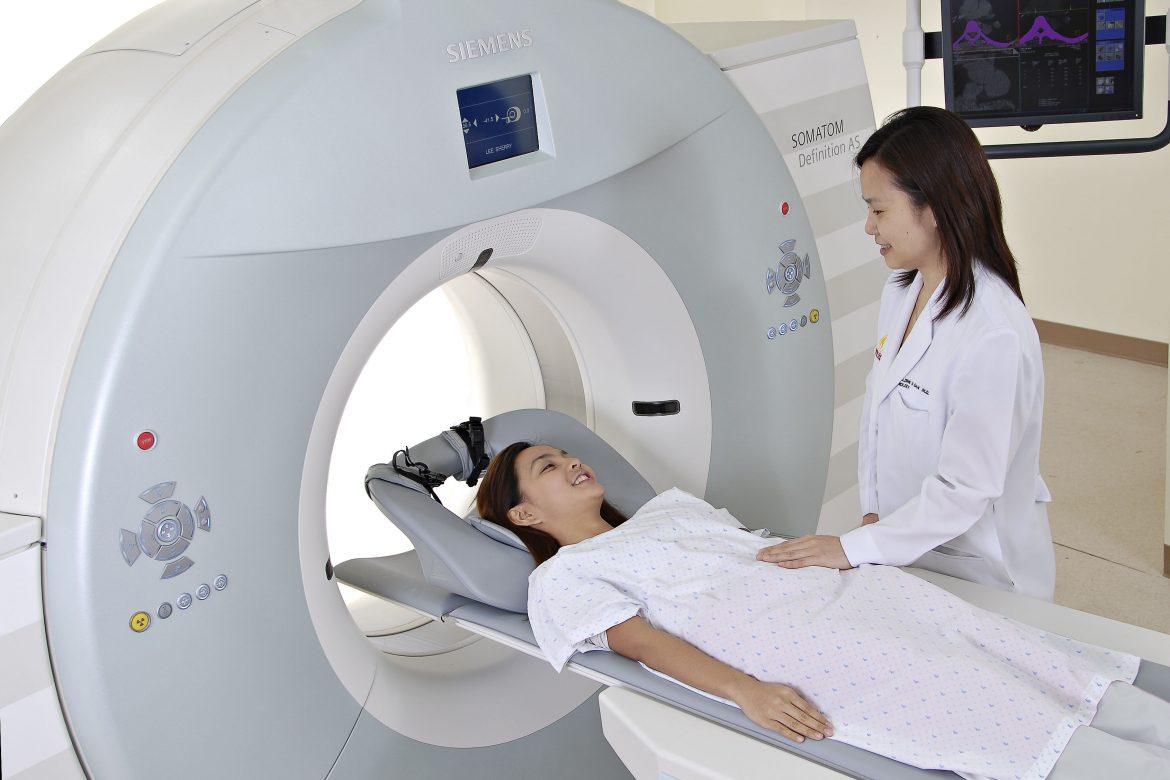In 2008, the German concern Siemens paid the largest in the history of American anti-corruption legislation a fine of $800 million for bribing foreign officials. However, as German journalists found out, Siemens employees continue to bribe, in particular, officials from China.
The Bavarian newspaper Süddeutsche Zeitung (SZ) analyzed dozens of corruption cases, which were considered in the courts of China for the period from 2004 to 2014, in which Siemens was involved. In 2008, the company agreed to pay huge fines to American and European authorities for settling corruption charges, ICIJ reports.
So, journalists found out that in may 2012 Siemens sales representative was found guilty of paying a bribe for 963 thousand dollars to the Director of the hospital in Qinzhou to win a contract worth 5.8 million dollars. The representative, who is referred to in the documents as gene, and the administrator of the hospital, Feng Cheng, as it turned out, created a fictitious tender for the supply of x-ray images shown in court.
Gene, who won the tender through a dealer, gave Chen a big bribe. He was sentenced to a three-year suspended sentence, while Chen was sentenced to 15 years in prison.
Representatives of Siemens told the newspaper that they first learned about the bribe when a Chinese newspaper reported it in July 2016, and immediately began an internal investigation. According to the article, Siemens ‘ Vice President in China at the time showed that the company prohibits its employees from paying kickbacks to customers.
“Siemens emphasizes that there are no signs that the company supported Gene in his decision or provided money for bribery, – the newspaper reports. – Nevertheless, it was officially confirmed: the hospital bought Siemens equipment, and the transaction took place through bribery.”
It is reported that Siemens has 670 sales representatives in China. From 2004 to 2014, the newspaper discovered that Siemens was involved in” dozens ” of corruption cases in Chinese courts.

Man-Ling Liu, a compliance Manager appointed by Siemens in March 2008, told the newspaper that he quickly began to notice signs of irregular activity in the company’s books. “There were hundreds of dealers,” Liu said. – Some of them made a single deal with Siemens. Behind these companies, most likely, were the wives or relatives of hospital managers.” He also noted that payments are made through foreign accounts. One such payment was made by intermediaries in 2009, when a North Korean import-export company bought three CT scanners for a local hospital worth $ 1.5 million. Siemens said the deal was normal.

A year later, a distributor from Beijing won a contract with several branches of the people’s Liberation army Hospital, an important customer who usually ordered a large number of scanners from Siemens and other manufacturers.
The payment to the dealer was made through an offshore company. When Liu visited the company in Hong Kong, he found an office with a mailbox and several people working for dozens of different companies.
Liu began to raise questions about possible corrupt practices and complained in writing to his superiors, but to no avail. Siemens did not renew its contract with Liu in 2011. He became an informant and referred his case to German prosecutors who did not find sufficient evidence to take action.

Liu then appealed to the U.S. securities and exchange Commission, which did not comment on the publication, as well as to the new York court, which stated that Liu’s claim is outside its jurisdiction.
In his complaint, Liu argued that part of the income was used by dealers to pay kickbacks to doctors or hospital administrators who make purchase decisions.
Since then, the newspaper reported that it has identified 20 cases where Chinese hospitals bought Siemens medical equipment at inflated prices. The company told the newspaper that distributors used high margins to manage business risks.
To date, Liu is unemployed and invests in stocks to make ends meet. However, he believes that his data will be interesting to people. “I wanted to make sure that hospitals in China no longer use expensive equipment,” Liu said. “After all, it’s about people’s health.”




